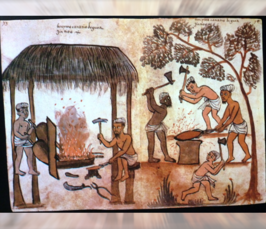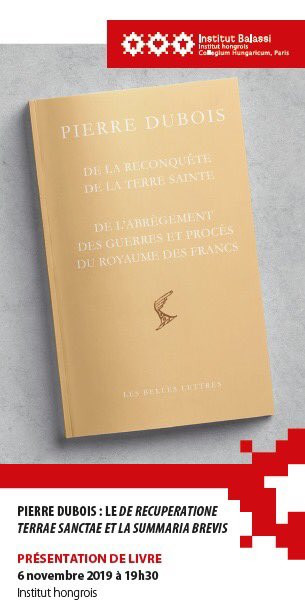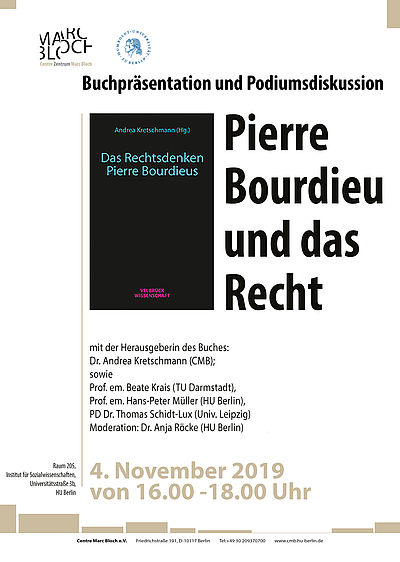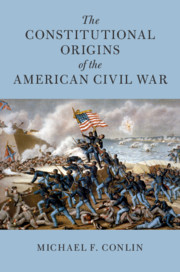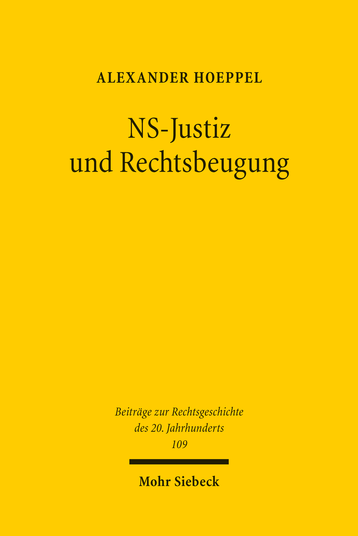(Source: Blasphemyviolence2020)
We learned of a colloquium on the interdependency between
blasphemy and violence in Ghent. Here the programme:
Venue
The conference takes place in the large conference room of
Liberas in the centre of Ghent - Kramersplein 23, 9000 Ghent.
Wednesday 4 March 2020
18:00 - 19:30 Alain
Cabantous (Paris, FR): Violence et Sacré ou le Blasphème en Révolution
Thursday 5 March 2020
9:00 - 9:30: Welcome and Opening
9:00 - 9:10 Peter
Laroy / Christoph de Spiegeleer (Ghent, BE): Welcome to Liberas
9:10 - 9:30 Eveline
Bouwers (Mainz, DE) & David Nash (Oxford, GB): Introduction
9:30 - 11:00: Section 1: Blasphemy as a Companion to
Political Transition
9:30 - 9:50 Laura
Thompson (Boston, US / Tunis, TN): Protecting Muslims’ Feelings, Protecting
Public Order: Tunisian Blasphemy Cases from the 19th Century through the Arab
Spring
9:50 - 10:10 Nadezhda
Beliakova (Moscow, RU): On Blasphemy and Violence during the Revolution and the
Construction of Socialism in the Soviet Union
10:10 - 10:30 Julio
de la Cueva (Toledo, ES): Blasphemy, War and Revolution: Spain, 1936
10:30 - 11:00 Comments
and Discussion
11:00 - 11:30 Coffee
Break
11:30 - 13:00: Section 2: Blasphemy as a Tool for
Emancipation
11:30 - 11:50 Emilia
Musumeci (Teramo, IT): David Lazzaretti: Martyr, Rebel, or Heretic? A Puzzling
Case in Post-Unification Italy
11:50 - 12:10 Matthew
Kerry (Stirling, GB): Blasphemy in Early Twentieth-Century Spain: Vulgarity,
Violence and the Crowd
12:10 - 12:30 Marcin
Skladanowski (Lublin, PL): Pokémon in the Church: The Case of Ruslan
Sokolovskiy and the Limits of Religious Performance in Contemporary Russia
12:30 - 13:00 Comments
and Discussion
13:00 - 14:00 Lunch
Break
14:00 - 15:30: Section 3: Blasphemy as an Instrument to
Confront the Secular
14:00 - 14:20 Marco
Omes (Pisa, IT): Blasphemy, Religious Adherence and Political Loyalty in the
Roman States during the French Occupations (1789 - 1799 and 1808 - 1814)
14:20 - 14:40 Dirk
Johannsen (Oslo, NO): Blasphemy as a Cultural Strategy. The Case of the Nordic
Modern Breakthrough, 1871 - 1890
14:40 - 15:00 Hussien
Soliman (Alexandria,EG): Blasphemy as a Justification for Violence against
Freethinkers in Modern Egypt
15:00 - 15:30 Comments
and Discussion
15:30 - 16:00 Coffee
Break
16:00 - 17:00: Section 4: Blasphemy as a Strategy for
Suppressing the Religious Other
16:00 - 16:20 Christoffer
Leber (Munich, DE): The New Martyr. The Jatho Affair in Imperial Germany
between Blasphemy, Freethought, and Religious Reform (c. 1910 - 1915)
16:20 - 16:40 Yvonne
Sherwood (Kent, GB): Blasphemy, Violence, and the Production of Minorities
16:40 - 17:00 Comments
and Discussion
17:00 - 18:00: Concluding remarks
More info about the conference can be found here



